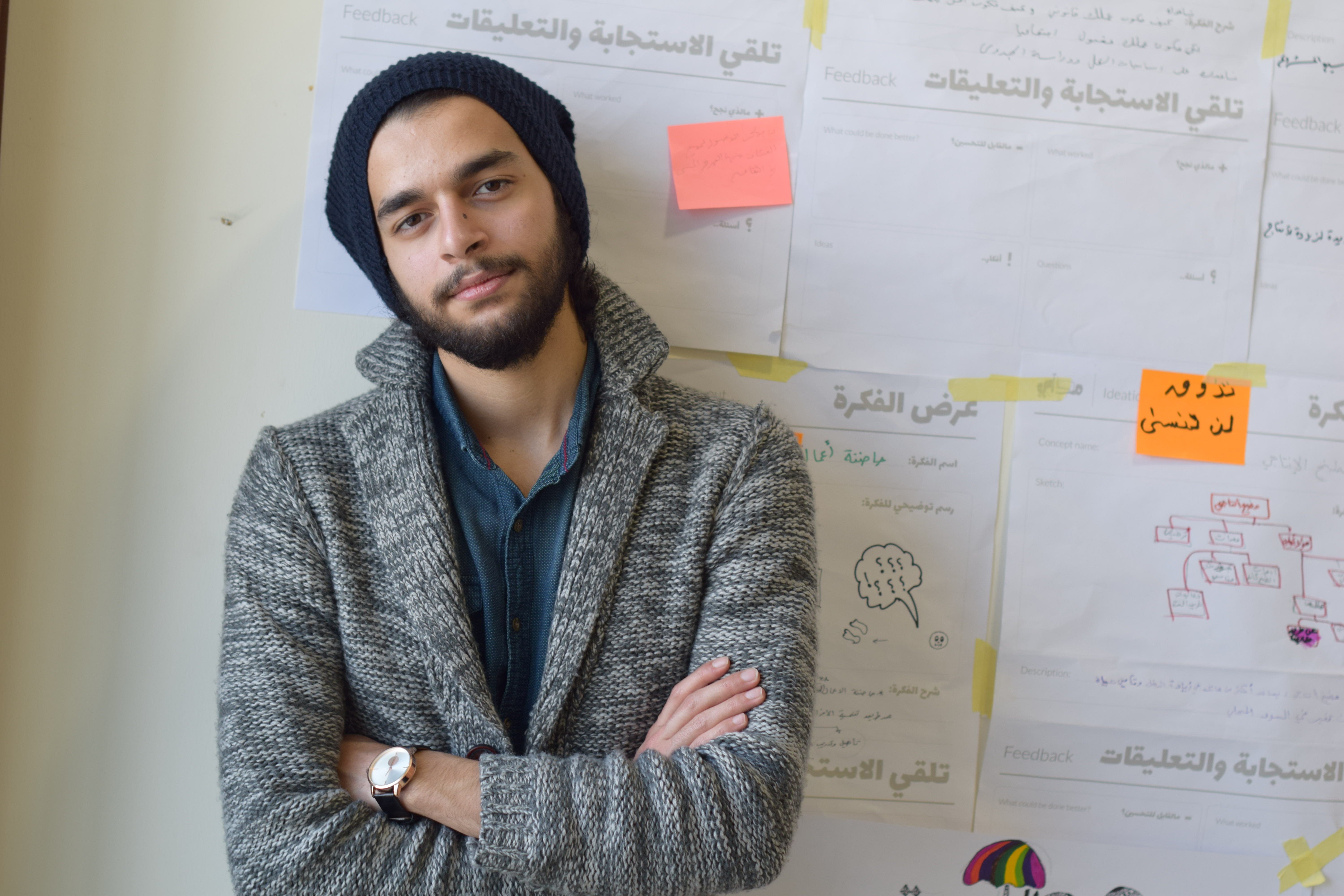The Disasters and Emergencies Preparedness Programme (DEPP) Innovation Labs is a two-year programme that aims to foster, and eventually scale up, innovations that address key problems faced by disaster-prone communities. The programme has established ‘lab’ spaces in disaster-prone communities in Bangladesh, Jordan, Kenya and Philippines. Mahali lab is based in Amman, Jordan, and is one of the programme’s four country labs. Ahmad Nouh is one of Mahali’s innovators.
Entrepreneur Ahmad Nouh lives and works in Jordan, currently home to some 761,100 refugees, mostly from Syria. Like Ahmad, they fled the brutal eight-year conflict across the border in an attempt to re-establish their lives. In Jordan, almost all refugees who don’t live in camps rent private housing, which is expensive. Many families find the cheapest housing they can, far from their places of work.
According to Ahmad, the cost of transport takes 30-50 per cent of their salary. And with people at the lowest end of the income scale often working 12-hour days, six days a week, there is no time to find more affordable, closer housing options to lower their expenses.
Experiencing this himself was the founding of Ahmad's idea to develop a web-based platform connecting people to house-sharing opportunities and roommates near their work, thereby reducing the monthly expenses of low-wage workers.
A prototype platform was developed and his innovation 'Betna' meaning ‘Our House’ has already supported five people with substantial income benefits. They hope to increase this to 25 landlords and 100 renters over the next year, charging 15 per cent commission to landlords. They also plan to expand to other areas in Jordan.
Ahmad says: “There are 31,000 housing loans in Jordan which rely on people who rent their property to cover the monthly payment of the loan, so there is a huge market waiting for our service.”
Unlike AirBnB, Betna covers low-budget areas and is available to everyone as it uses the Arabic language.
Ahmad is currently seeking investment in the operational expenditure of £14,200 for the first year and £28,200 for the next two years. The funding will be used to develop the website and expand Betna’s reach and brand in Jordan.
He says: “Investors can be part of solving a big problem as well as be part of a business that is scalable and will be taken back to Syria to cover even larger numbers of returning young who will desperately need house sharing opportunities.”
For more information read: Betna is better.

